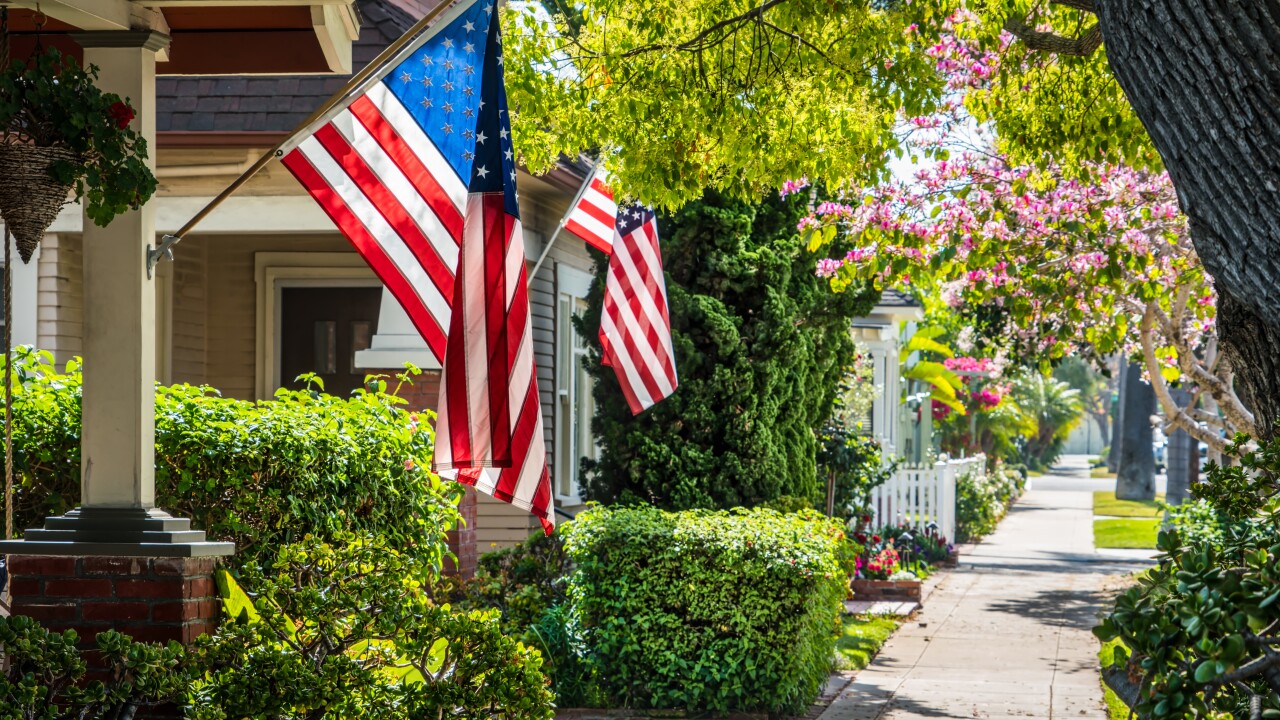The pushback on stores that don’t accept cash seems to be gaining momentum, with Philadelphia the latest municipality to consider a law that would ban cash-free shops.
Rather than remove the inefficiencies associated with cash, these stores are more likely to disenfranchise consumers who have no access to credit or bank accounts. The move to prohibit cashless stores has won support in New Jersey, where lawmakers last week overwhelmingly passed a bill preventing businesses from rejecting cash.
While New Jersey’s bill awaits the governor’s signature before becoming law, Philadelphia’s city council committee heard arguments this week on a bill that would prohibit businesses from refusing to accept cash or charging a higher price for cash. Transactions made by phone, mail or online would be exempt; violators could be fined up to $2,000.

This isn’t an entirely new trend. Massachusetts has had a law on its books since 1978 that prevents businesses from refusing to accept cash; and lawmakers in New York, Chicago and Washington, D.C. have
If pro-cash policies spread across the U.S., they could throw a wrench in the operations of the fast-growing cashierless checkout experience, typified by Amazon Go. Amazon has said it plans to open
Companies will have to make exceptions to their business model to accommodate cash. One that already did so is sweetgreen, a 75-store salad chain with operations in eight U.S. states, including Massachusetts. When the chain went cash-free in 2017, it reportedly
Legislators pushing back on businesses that ban cash may not be looking at the broadest picture, despite their desire to help the unbanked, said Richard Crone, a principal with Crone Consulting LLC.
"Around 7 percent of the U.S. population lacks access to a bank account for one reason or another, but there are many cash-pay billing alternatives and other systems in place for consumers who don’t have cash to pay utilities and other companies that don’t accept cash,” Crone said.
Convenience stores and restaurants that don’t accept cash are a growing global trend, with Australia and Asia in the lead, because cash is costly for businesses, according to Crone.
“Our research suggests quick-service restaurants that accept cash are incurring 10 percent higher costs to their overhead, because it takes so much longer to reconcile even a single cash payment, not to mention the routine fraud and loss associated with accepting cash,” Crone said.
Technology may provide more effective solutions than lawmakers, he suggested. “With the rise of image recognition, there are many solutions around ATMs and reloading prepaid cards that could provide alternatives for consumers that are sticking with cash,” Crone said.
Tropicana Field in Tampa last month became the





